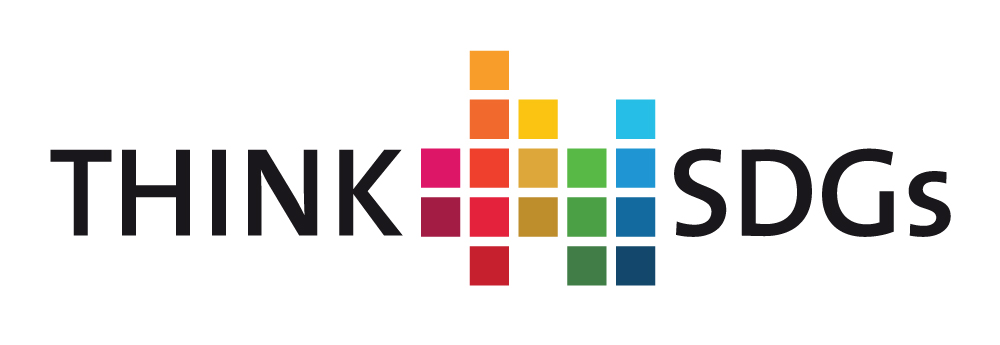Francis Omaswa and Patrick Kadama
African countries gained independence from colonial rule with high expectations for their futures. Indeed, the early post-independence years showed much promise in many countries, with a scaling-up of education, healthcare, other social services and infrastructure development. This optimism, however, dissipated from the mid-1970s onwards due to a combination of internal and external shocks; in particular, bad governance and military dictatorships that were partly condoned during the Cold War, and partly as a result of the – sharp fluctuations in commodity prices and skyrocketing interest rates. The International Monetary Fund (IMF) and the World Bank gradually became the chief architects of policies, known as “the Washington Consensus”. Implementation of these policies is documented as being “responsible for the worst inequalities and the explosion of poverty in the world, especially in Africa”. Between 1980 and 2000, Sub-Saharan African countries had paid more than $240 billion as debt service, which is, about four times the amount of their debt in 1980. Debt ratios in Africa deteriorated due to inability of countries to service their external debt, African economies collapsed and countries needed urgent help from developed countries and the Bretton Woods institutions to provide basic care to their populations and to get back on the road to recovery. Many countries were classified as Heavily Indebted Poor Countries (HIPCs), being dependent on others for resources, as well as for ideas on national reconstruction.
The legacy of this negative experience left African institutions weak and African professionals demoralized and disempowered. The last two decades, however, have seen an ‘Africa rising’, with sustained economic growth …
Francis Omaswa is Executive Director of the African Centre for Global Health and Social Transformation (ACHEST)
Patrick Kadama is Director for Policy and Strategy at the African Centre for Global Health and Social Transformation (ACHEST)

